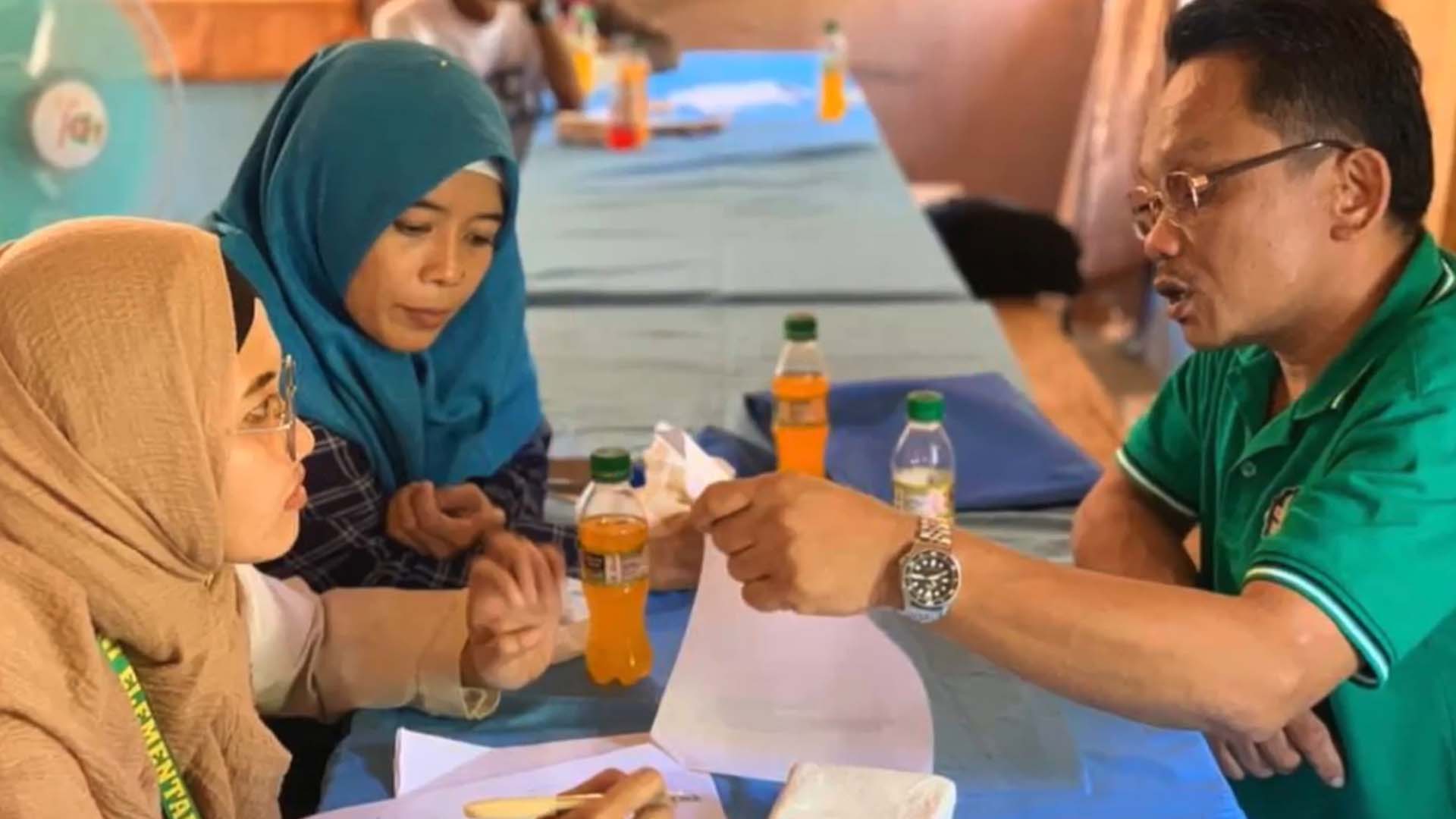The education sector is taking quite a beating these days with distance learning forcibly replacing face-to-face classes. Coupled with the alarming drop in the literacy and numeracy rates of Filipino students, the challenge to provide our youth with the best possible learning environment has never been tougher.
The Department of Education (DepEd) reports that the 2017 National Achievement Test (NAT) score for Grade 6 students hit a historic low at 39.95, further down the median score of 50. Global studies corroborate this decline. The 2018 Programme for International Student Assessment (PISA) ranked 15-year-old Filipino students last among the 79 participating countries in reading and mathematics. While the 2019 Trends in International Mathematics and Science Study (TIMSS) revealed that, of the 58 countries surveyed, Filipino Grade 4 students scored the lowest in math and science.
Inspired by Synergeia Foundation’s model of building citizen support for raising the quality of basic education in the country, crusading local government and community leaders from all over the Philippines gathered online at the 14th Washington SyCip National Education Summit: “Learning from our Best to Defy Gravity. Synergeia’s first-ever virtual summit served to channel the call for education reform from hundreds of “voices from the ground.”
While the national government has granted local government units (LGUs) more autonomy in managing their concerns, education remains an open field for out-of-the-box solutions from the grass roots. And key to implementing reform is the local school board (LSB).
The Local Government Code of 1991 created the LSB to engage leaders and representatives of local communities, government, and the academe in crafting policies and regulations that address the state of public education in their localities. This includes the allocation of the Special Education Fund (SEF) to the needs of the local public school system. The SEF comes from the additional 1% tax that is collected with the real property taxes paid to the local government.
LSB representatives from north to south of the Philippines related their initiatives to work with and around the SEF, recognizing that the best of plans will not fly without the means to roll them out. Efforts range from smarter budgeting, to more hard-hitting real property tax collection, to engaging in public-private partnerships aimed at improving school infrastructure, enhancing the school curriculum, or boosting teacher training.
The reengineered LSB has been the advocacy of the late DILG Secretary Jesse Robredo. In a paper he presented during his term as Naga City mayor, Robredo underscored his belief in the power of LGUs as catalysts for change in education:
“LSBs are the most logical vehicle for reform. Local school boards can bring together local communities and key players in the public school system in discussing the state of local education, which can be the basis for positive and informed collective action…. Moreover, LSBs can serve as entry points for greater and more meaningful stakeholder participation in the delivery of public education services. Regular grassroots consultations not only make for good politics; they are also avenues for multi-level and multi-stakeholder assessment of where a locality is in the journey to build better schools.”
The reinvention of the LSB remains a daunting yet doable task and responsibility. Testimony to this is the replication of the Naga experience in the growing number of Synergeia communities in the country–27 of which were awarded the 2021 Seal of Good Education Governance. The Seal is granted to LGUs that have shown marked improvement in the learning outcome of their students, the reinvention of their local school boards, and the engagement of the school governing councils in crafting and planning effective learning programs.
Synergeia partner agencies USAID, UNICEF, SGV Foundation, PLDT-Smart, and SeaOil Foundation generously awarded this year’s winners with prizes that will help advance their advocacies.






















